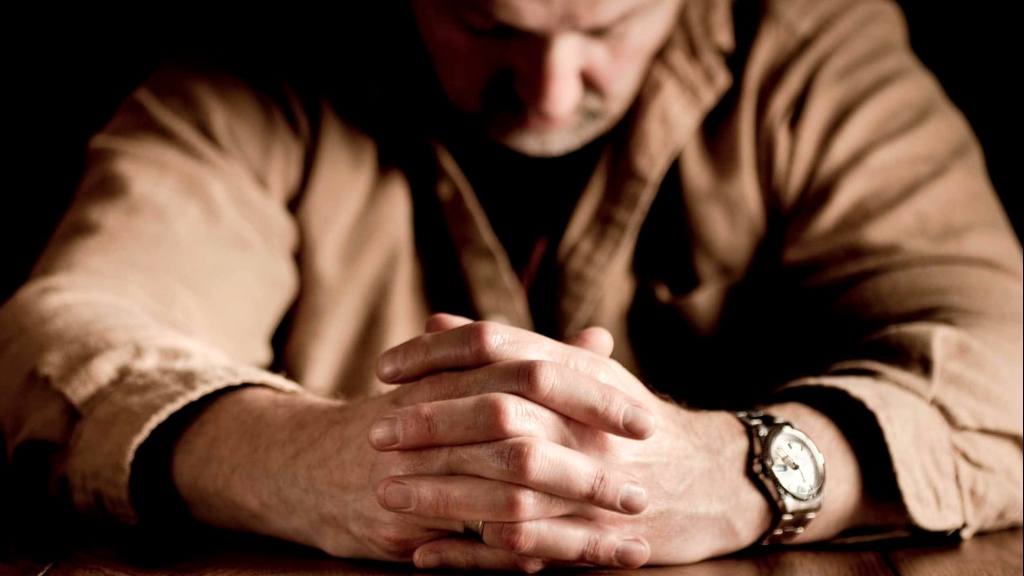Grief doesn't magically end at a certain point after a loved one's death. Reminders often bring back the pain of loss.
___________________________________
When a loved one dies, you might be faced with grief over your loss again and again — sometimes even years later. Feelings of grief might return on the anniversary of your loved one's death or other special days throughout the year.
These feelings, sometimes called an anniversary reaction, aren't necessarily a setback in the grieving process. They're a reflection that your loved one's life was important to you.
To continue on the path toward healing, know what to expect — and how to cope with reminders of your loss.
Reminders can be anywhere
Certain reminders of your loved one might be inevitable, such as a visit to the loved one's grave, the anniversary of the person's death, holidays, birthdays or new events you know he or she would have enjoyed. Even memorial celebrations for others can trigger the pain of your own loss.
Reminders can also be tied to sights, sounds and smells — and they can be unexpected. You might suddenly be flooded with emotions when you drive by the restaurant your partner loved or when you hear your child's favorite song.
What to expect when grief returns
The course of grief is unpredictable. Anniversary reactions can last for days at a time or — in more extreme cases — much longer. During an anniversary reaction you might experience the intense emotions and reactions that you first experienced when you lost your loved one, including:
- Anger
- Anxiety
- Crying spells
- Depression
- Fatigue, or lack of energy
- Guilt
- Loneliness
- Pain
- Sadness
- Trouble sleeping
Anniversary reactions can also evoke powerful memories of the feelings and events surrounding your loved one's death. For example, you might remember in great detail where you were and what you were doing when your loved one died.
Tips to cope with reawakened grief
Even years after a loss, you might continue to feel sadness when you're confronted with reminders of your loved one's death. As you continue healing, take steps to cope with reminders of your loss. For example:
- Be prepared. Anniversary reactions are normal. Knowing that you're likely to experience anniversary reactions can help you understand them and even turn them into opportunities for healing.
- Plan a distraction. Schedule a gathering or a visit with friends or loved ones during times when you're likely to feel alone or be reminded of your loved one's death.
- Reminisce about your relationship. Focus on the good things about your relationship with your loved one and the time you had together, rather than the loss. Write a letter to your loved one or a note about some of your good memories. You can add to this note anytime.
- Start a new tradition. Make a donation to a charitable organization in your loved one's name on birthdays or holidays, or plant a tree in honor of your loved one.
- Connect with others. Draw friends and loved ones close to you, including people who were special to your loved one. Find someone who'll encourage you to talk about your loss. Stay connected to your usual support systems, such as spiritual leaders and social groups. Consider joining a bereavement support group.
- Allow yourself to feel a range of emotions. It's OK to be sad and feel a sense of loss, but also allow yourself to experience joy and happiness. As you celebrate special times, you might find yourself both laughing and crying.
When grief becomes overly intense
There's no time limit for grief, and anniversary reactions can leave you reeling. Still, the intensity of grief tends to lessen with time.
If your grief gets worse over time instead of better or interferes with your ability to function in daily life, consult a grief counselor or other mental health provider. Unresolved or complicated grief can lead to depression, other mental health problems and other medical conditions. With professional help, however, you can re-establish a sense of control and direction in your life — and return to the path toward healing.








